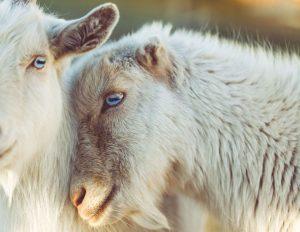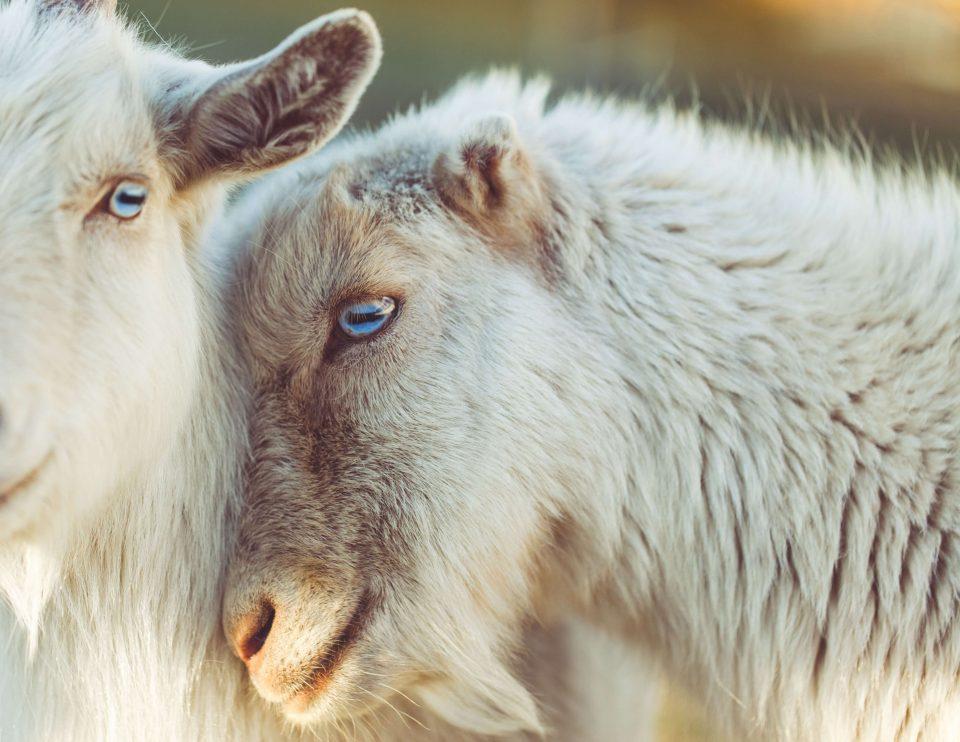 Having experienced and studied systemic constellations for over a decade, I have seen a pattern that creates an impact in peoples’ lives and the lives’ of the next generation – exclusion.
Having experienced and studied systemic constellations for over a decade, I have seen a pattern that creates an impact in peoples’ lives and the lives’ of the next generation – exclusion.
During the luncheon after my mom’s service, I noticed that while there were relatives from both my mother and father’s side of the family there were more present from my mother’s side. One could surmise it was because it was for her funeral; however, it was also influenced by how the family connections had been maintained.
On my father’s side, the connection to extended family had been apparent when I was young as we drove to Pennsylvania to see my grandparents and other relatives and attended family celebrations. Then my grandparents relocated to New Jersey, and there were fewer visits and over time less connection. Today, I have contact information for less than a dozen of my father’s relatives.
On my mother’s side, the connection was built more intentionally through family reunions and the creation by one cousin of a family contact list. The reunions started after one of my maternal uncles died at a somewhat young age. My Mom observed that everyone was there for his funeral, and decided we should get together for happy occasions too. She put this into practice, hosting a family Thanksgiving for many years attended by dozens of relatives. The most recent big reunion was for her 95th birthday when over 60 people from 3 countries and 10 states in the U.S. met in Boston.
As I better understand my family dynamic through constellation work or delve into the world of family ancestry, I can see the impact of excluding family members. Sometimes exclusions happen naturally when a family member passes unexpectedly or at an early age. Other times, exclusions (which may be seen as separations) happen because part of the family immigrates to another country and another part stays in the country of origin. Exclusions can also happen through divorce, disowning, and when individuals are physically present but emotionally or mentally excluded.
However they occur, whether consciously or inadvertently, exclusions can have unintended consequences since they remain in the ancestral DNA.
- An individual in the next generation may act in ways that imitate someone who left, wanting to “leave” early themselves.
- Disease can be created when a person tries to bring missing people back into the family. I discovered this phenomenon for myself with a particular medical condition and then noticed the members of my family who were excluded.
- Resentments can build up and cause a riff. For instance, if a couple has children and one spouse dies and the other one remarries, children from the second marriage may unintentionally exclude the original partner.
My paternal great grandfather died young before immigrating to the United States and until recently, many of us unintentionally excluded him. I now can see the impact his early death had on my paternal grandfather which has given me a new appreciation for both of them.
I have also noticed how family exclusion can occur when a couple gets married. They can become more connected to one side of the family, and then they unintentionally, or intentionally, exclude the other. While we may not like everyone on all sides of our families to the same degree, exclusion serves to negate a part of our ancestry.
How might exclusions be impacting your family relationships? What exclusionary pattern might be recurring from one generation to the next? Are there illnesses manifesting that represent the people who may be excluded? Emotional and Physical DNA shape all aspects of our lives. To find out more, please contact me at www.systemsofchange.com.
© 2017 Systems of Change, LLC

